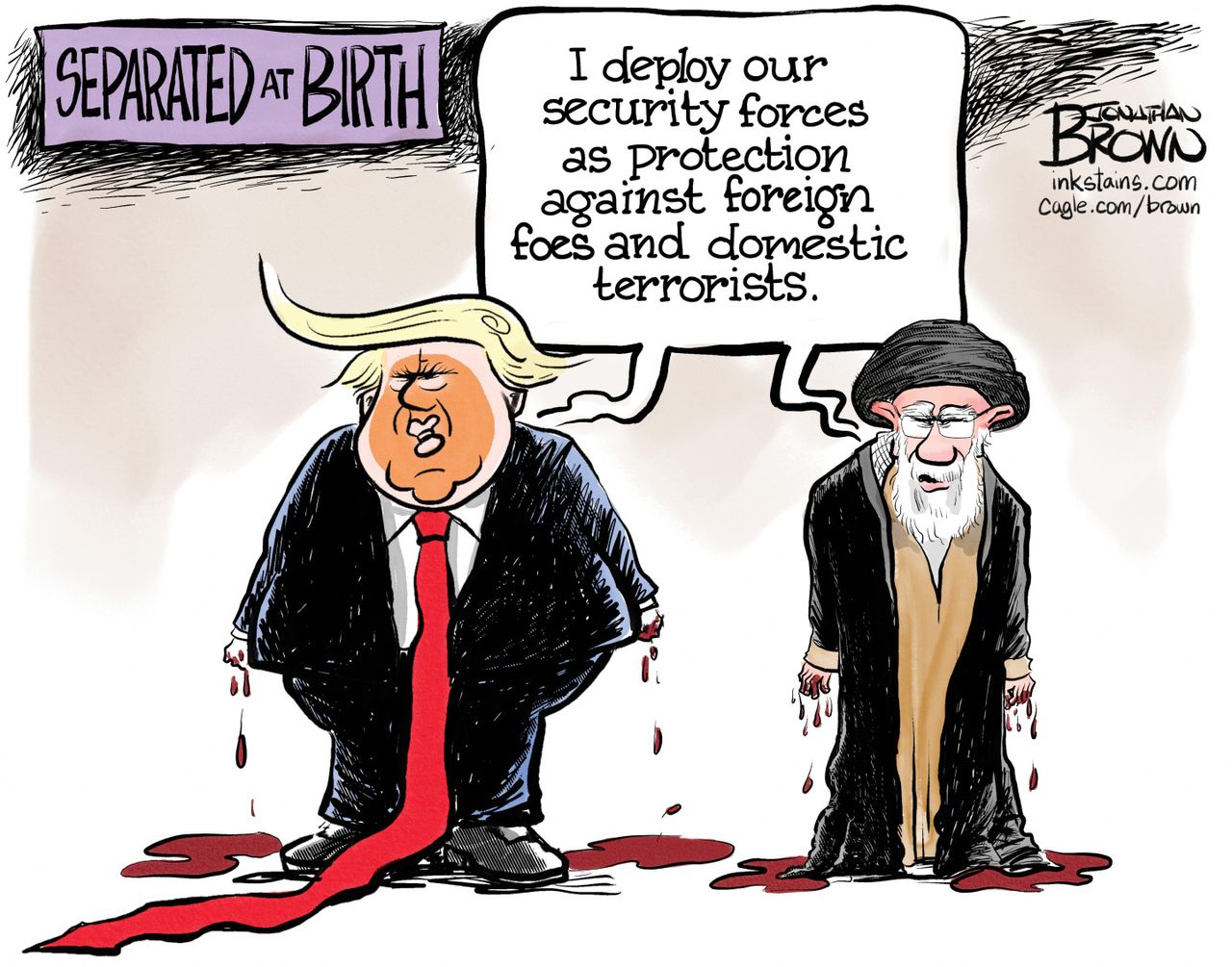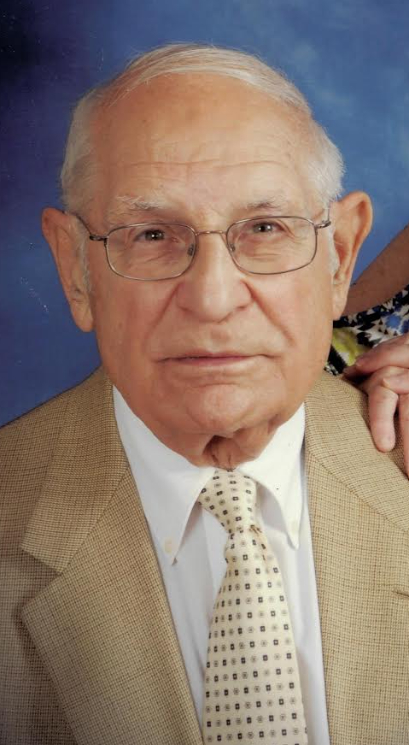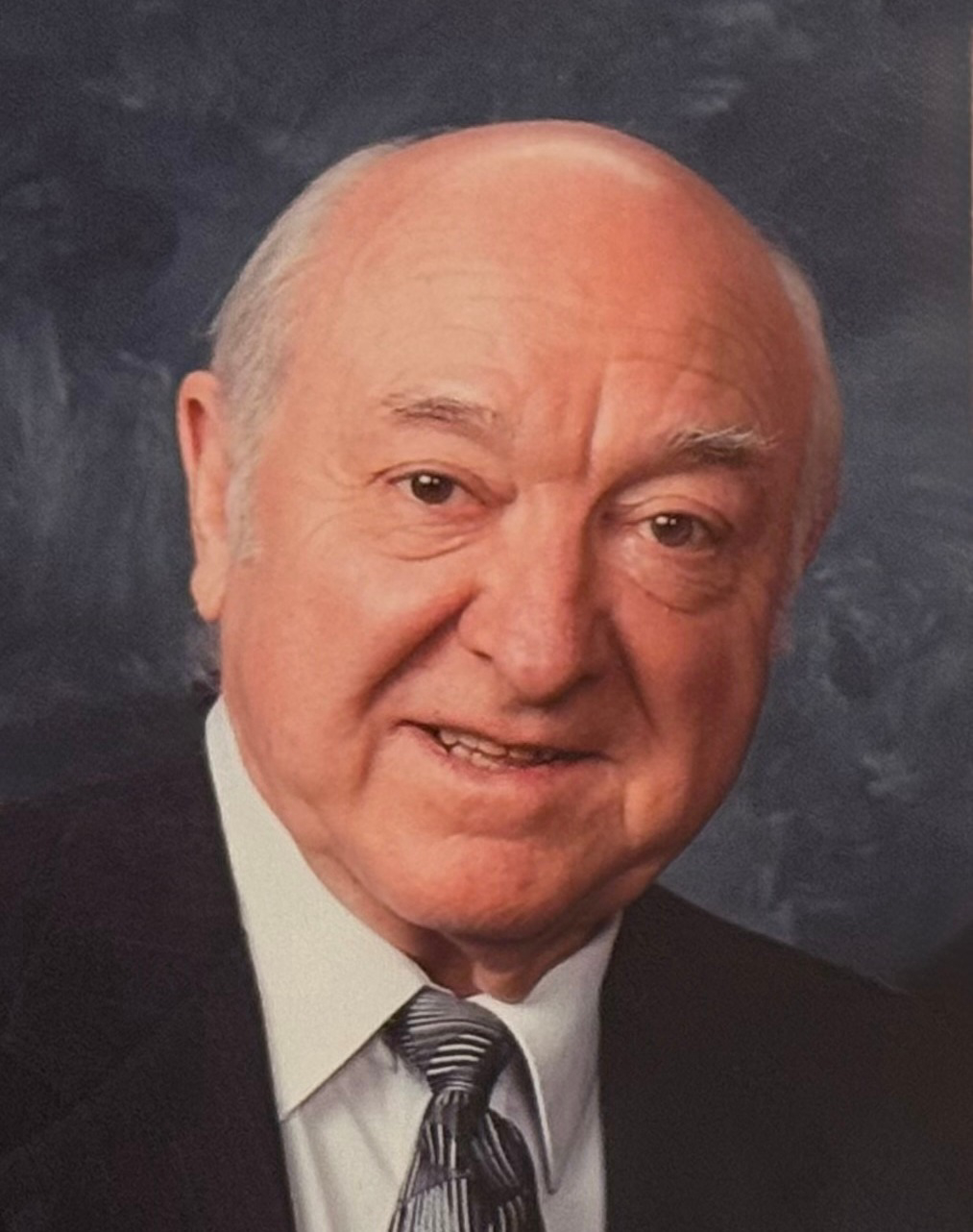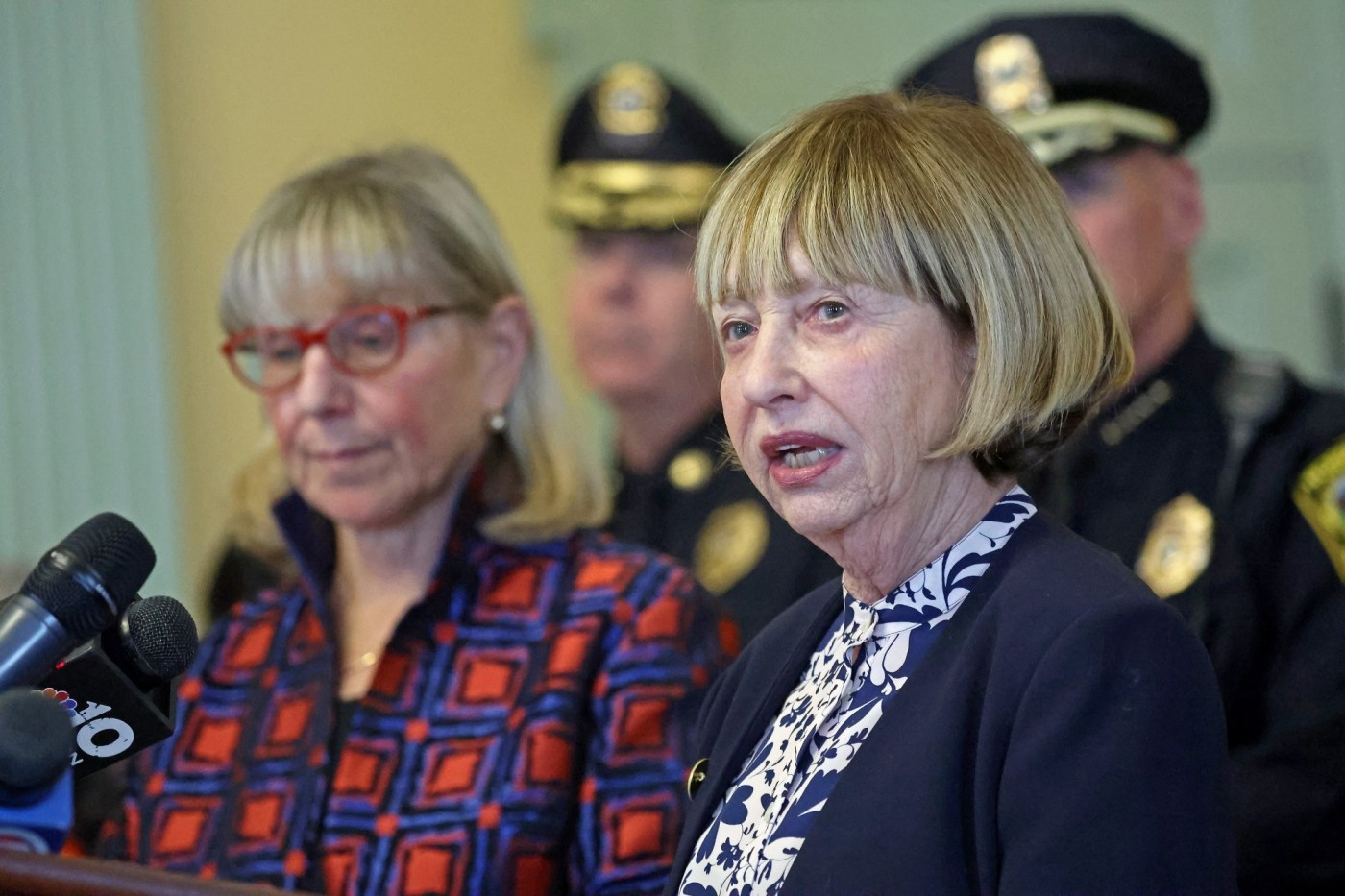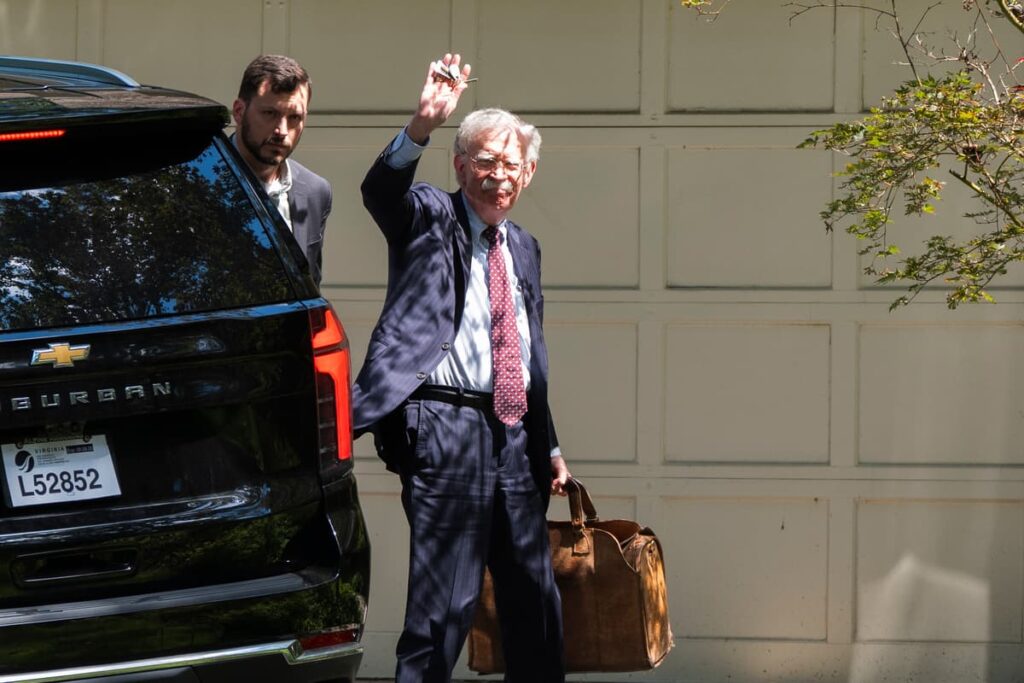
Former President Donald Trump recently asserted that he considers himself the nation’s “chief law enforcement officer” while discussing the FBI raid on the home of his former National Security Adviser, John Bolton. When questioned about his prior knowledge of the operation, Trump stated, “I don’t want to know about it. It’s not necessary. I could know about it. I could be the one starting it, and I’m actually the chief law enforcement officer. But I feel that it’s better this way.”
This declaration sparked immediate backlash from his critics. The Daily Beast reported that Trump “wrongly claims he’s crime chief” and highlighted his criticism of Bolton, labeling the former adviser as “unpatriotic.” Similarly, the Associated Press noted that Trump views himself as the “chief law enforcement officer” of the United States, a claim he has made before.
While these assertions may seem unusual to some, they are not without precedent in American history. In February 2020, The Washington Post documented Trump’s self-identification as the “chief law enforcement officer” following his impeachment. The role has been a topic of debate among past presidents as well.
Historical Context of the Role
Former President Jimmy Carter, during a February 1980 event for state attorneys general and police chiefs, stated that the president must be concerned with national security and law enforcement. He emphasized that his responsibilities included “the preservation of justice, fairness, equity, the control of crime,” asserting the interconnectedness of these duties.
In November 1998, President Bill Clinton responded to questions from the House Judiciary Committee regarding his role in law enforcement. He acknowledged that the president is frequently referred to as the chief law enforcement officer, although he pointed out that the Constitution does not explicitly designate this title. Article II, Section 1 of the United States Constitution states that “the executive power shall be vested in a president of the United States of America,” implying that law enforcement is a component of executive authority.
The complexities surrounding this designation were also examined in a June 1974 article by Time magazine, which discussed the legal implications of President Richard Nixon refusing to turn over tapes during the Watergate investigation. The article noted that some legal experts, including Alexander Bickel, a constitutional law professor at Yale, supported Nixon’s claim of being the chief law enforcement officer, even while condemning his actions during the scandal.
Contemporary Reactions and Implications
The discussion surrounding Trump’s claims continues to evoke strong reactions. Critics argue that his self-identification undermines the principles of law enforcement as a separate and impartial entity. Supporters, however, may view his assertions as a reflection of the presidential role within the broader context of executive power.
The debate over whether the president is the nation’s chief law enforcement officer raises important questions about the interpretation of the Constitution and the separation of powers. As legal scholars and historians reflect on these issues, the conversation surrounding Trump’s statements reveals ongoing tensions in American political discourse.
In summary, Trump’s assertion of being the chief law enforcement officer highlights a historical perspective that is both contentious and significant. As the nation navigates political complexities, the implications of this role remain a focal point for debate among lawmakers and the public alike.
